Scott doesn’t run the label full-time. He balances it with parenting two kids, managing a band, pursuing a full-time doctoral degree, and a long list of other responsibilities. His research explores how graphic novels can be used to teach marginalized histories and foster historical empathy, a theme that closely aligns with how he views punk: as a vehicle for preserving cultural memory.
Label Feature #19: DCxPC Live
An inside look at DCxPC Live, the vinyl label preserving live punk energy and building a more inclusive DIY community.
By Julia Girdharry
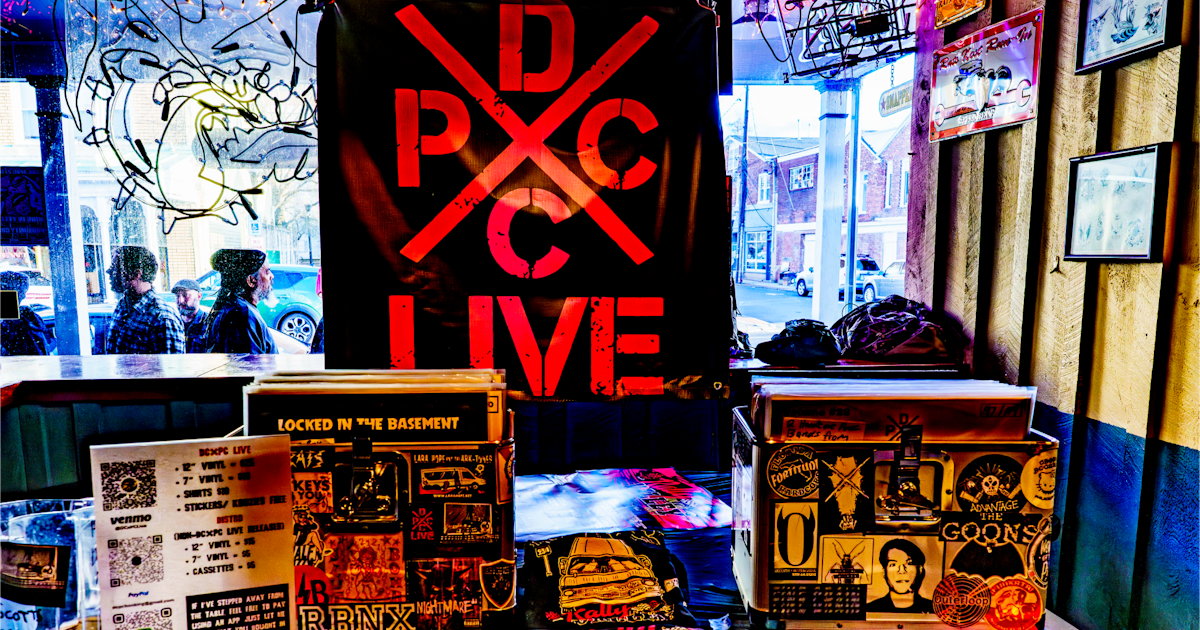
Scott Pasch, owner of DCxPC Live, built more than a label. He created a space where live music, inclusion, and documentation matter more than profit, growth, or polish.
DCxPC Live is a DIY vinyl record label founded by Scott Pasch in 2021. Unlike most indie labels, DCxPC only releases live recordings captured at small shows in real time, with no overdubs, no contracts, and often no second chances. Each release is pressed on vinyl in short runs, typically between 100 and 200 copies through Precision Record Pressings exPRESS Vinyl Packs service.
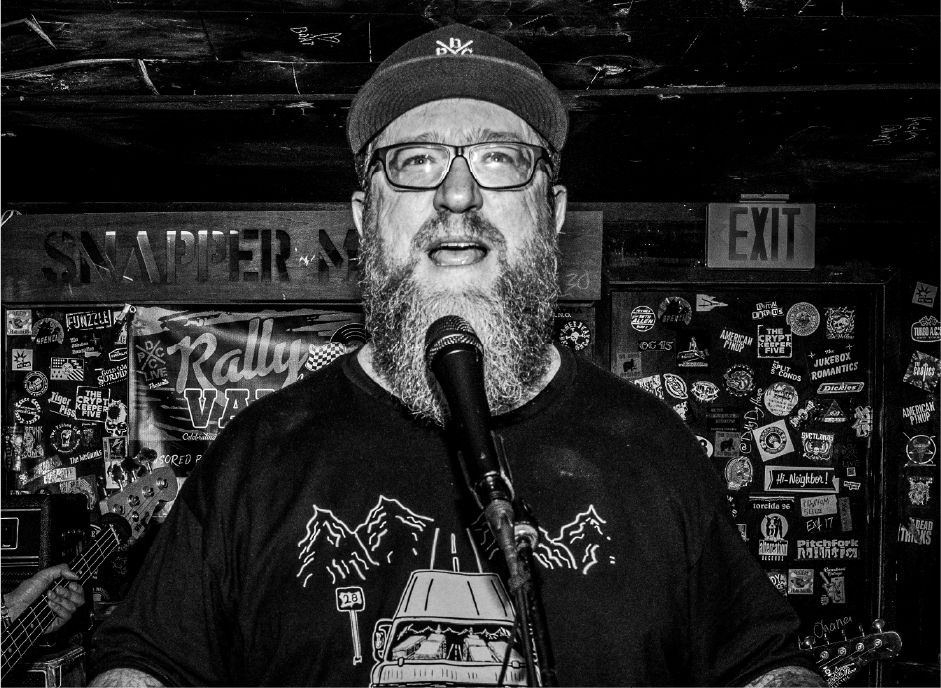
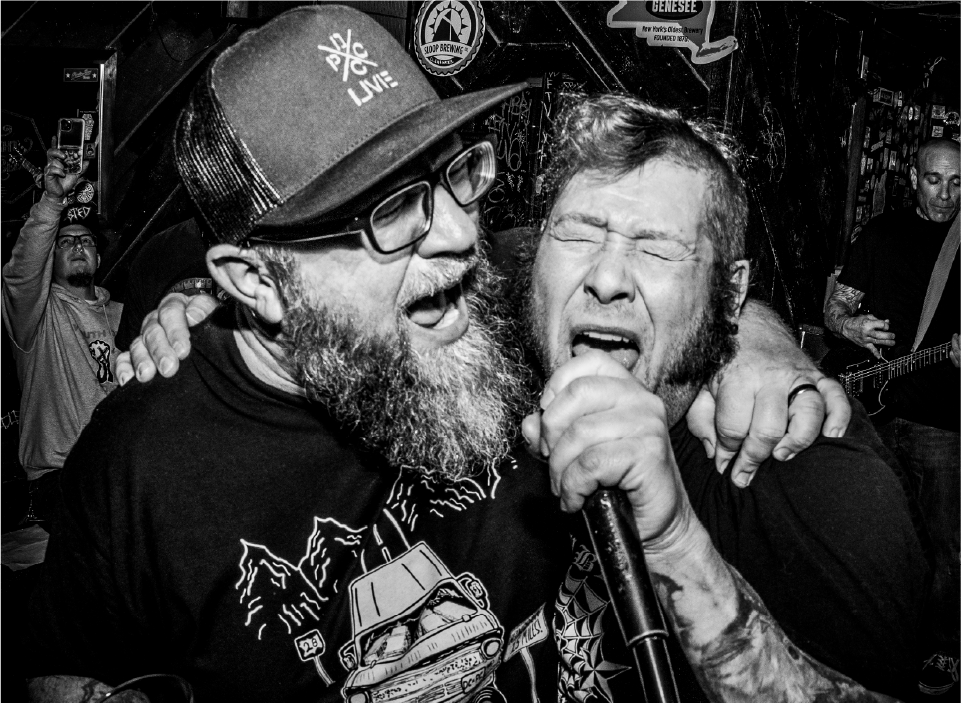
"By pressing live shows in small run, I want to say that this moment mattered right now and it should be documented."
The Origin of DCxPC Live
When Scott Pasch moved from the Washington DC area to Florida, and had just started a band, he was focused on raising two kids and working full-time as a civics teacher. His bassist, Mike, had also been involved in booking shows in Florida’s DIY scene. Between them, they shared decades of experience supporting underground music communities in different corners of the American East Coast. They started organizing local gigs and trading dates with other promoters, helping bands route weekend tours between DC and Florida.
Scott leaned on decades of experience with live shows, along with his early start running a short-lived high school label called Unity Records. That project only released three tapes, two by his own band and a local band compilation, but it was enough to lay the foundation. Even on a small scale, all it takes is one earnest attempt to grow something meaningful.
"Some bands don't mind if they're a little sloppy or a little messy. It's live. That's the point. You're not supposed to. It's not supposed to sound perfect."
The first pressing featured Scott’s band, Call in Dead and another, 2AMature, made up of two former students he had taught in fifth and tenth grade. They followed it up with a successful benefit show at Uncle Lou’s, raising money for the venue and recording two more bands. Scott began reconnecting with friends and reached out to bands sitting on live, unreleased music that would make prolific contents for vinyl like Two-Man Advantage live at CBGB's on one side and live at Punk Rock Bowling on the other or, THE GOONS live at Black Cat. These became the foundation of the label’s catalog, capturing the kind of gritty, no-frills performances that often get lost to time.
With Josh Dobbs from Danger Room Studios running a full mobile setup, they turned local dive bars into recording studios. Instead of paying thousands in studio fees, Scott could record four bands for a few hundred dollars. And since it’s live, there’s no pressure. If the recording doesn’t turn out, it gets scrapped. If a band wants the raw files to release themselves, they’re free to take them. No contracts, no strings. That DIY flexibility helped the label grow fast. From four releases in its first year, DCxPC expanded to six, then nine, then 17 in a single year. By early 2025, Scott was nearing his 40th vinyl release, all built on a model of trust and dedication.
“I was a kid when I understood DIY. In my world it was about avoiding major corporate people whose goal of putting a record out was to make money”
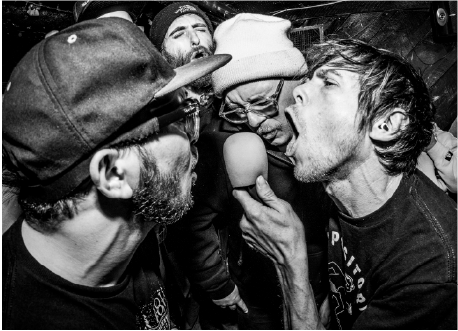
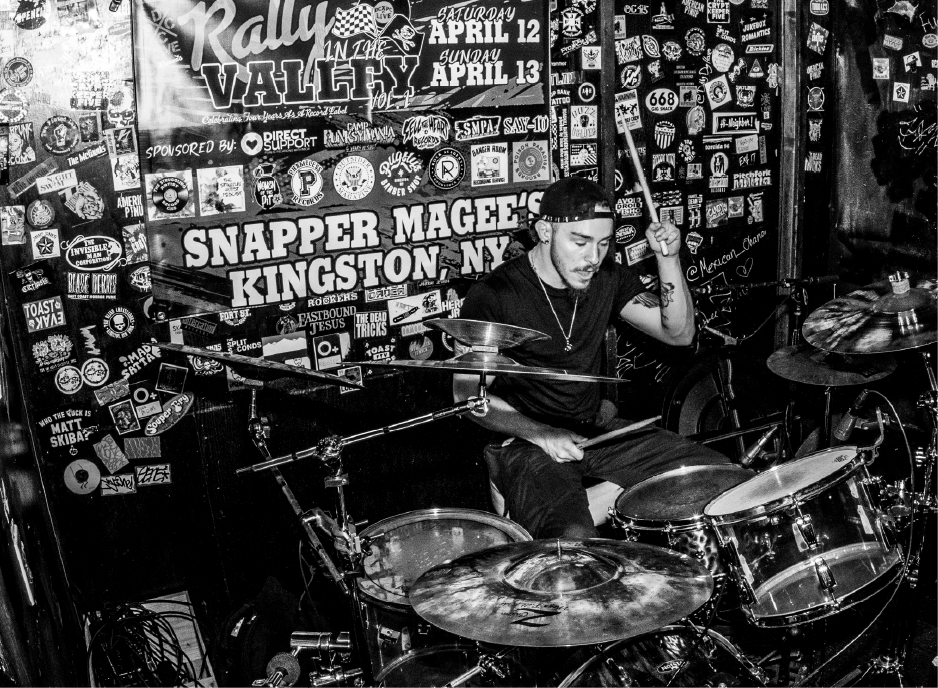
DCxPC’s Approach to Community
For Scott Pasch, DIY isn’t just about doing things independently. It’s about making room for bands and music fans who haven’t always felt welcomed in punk spaces. Punk has always been political and after decades of working the the scene, Scott has seen how punk can sometimes fall into the trap of recycling the same voices and aesthetics. That’s why inclusion isn’t just an afterthought at DCxPC Live, it’s part of the foundation.
From booking shows to curating releases and choosing collaborators, Scott is intentional about building a scene that reflects a wider range of voices. The label’s DEI statement, featured on its website, reinforces this commitment. It lays out clear goals to foster transparency, expand access, and break down barriers that might make bands, especially those from marginalized intersections, wary of signing to a label or pressing a record. Scott’s values come through in how he runs things: he tells you upfront how the money works, what the deal is, and what to expect. There’s no smoke and mirrors, no sketchy clauses, just a straightforward respect for artists, because he’s been one too.
"I find it refreshing to have different perspectives and I want the scene to reflect that. Now that I live in the Hudson Valley, I certainly see that. I have a lot of people coming to our shows that are more diverse all around."
At his shows in Kingston, New York, that intention is visible. Bills are often mixed-genre and multigenerational. The crowds include women, queer punks, baby punks, and longtime scene vets; all there just there to experience music together. Scott also makes a point to listen. When people raise concerns about bands or behavior, he takes the time to assess the situation instead of dismissing it.
“I want it to be about making space, so more people can walk in and say: This is mine too.”
Short Runs, Long Memories
Each DCxPC release is a time capsule, pressing in quantities or 100-200 records. Scott doesn’t repress albums, and he rarely works with the same band twice which is intentional. He wants to keep the catalog wide open and moving forward, offering opportunities to new acts rather than building a permanent roster. This makes pressing with a label like DCxPC a low-risk option for smaller or newer bands, the kind that rarely get offered vinyl releases. Records from groups like Middle-Aged Queers, RebelMatic, or Inquisition have sold out quickly, allowing him to take on smaller projects with minimal financial stress.
“I can only press one record a month usually, depending on the budget but I have to pace putting it out not only for my budget but to release them in a way that's not overwhelming for bands and vinyl fans”
How He Manages to Do It All
Scott’s workload sounds unmanageable to most. Between teaching full-time, pursuing his PhD, managing his label, playing in bands, and raising kids, his life runs at a pace many people couldn’t sustain. The key is structure and flow. Scott lives in 15-minute increments, a habit he picked up decades ago managing early Starbucks stores in the 1990s, with workflows were timed and streamlined to the second. He still writes out a to-do list every single day on a slip of paper and carries it in his back pocket. The system helps him stay on track even when the schedule is packed with label logistics, his own education, shows, and family responsibilities.
Instead of scrolling Netflix or zoning out after work, he chips away at label tasks, editing copy, updating inventory, writing press releases, or loading gear for the next show. Although he handles a lot himself, Scott has recently begun receiving help because, at its core, DCxPC is a collective effort. A few dedicated volunteers and long-time friends offer their help in true DIY fashion. For over a year now, friends like Al (Arsenic) and Willy have worked doors at every show Scott does, helped load in equipment, set up merch tables and more for him.
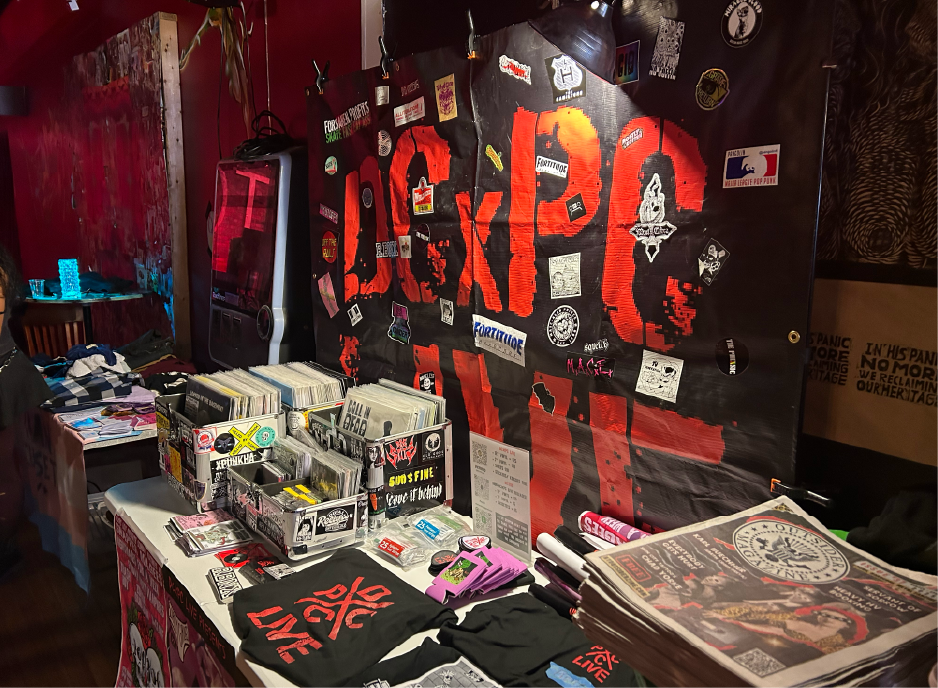
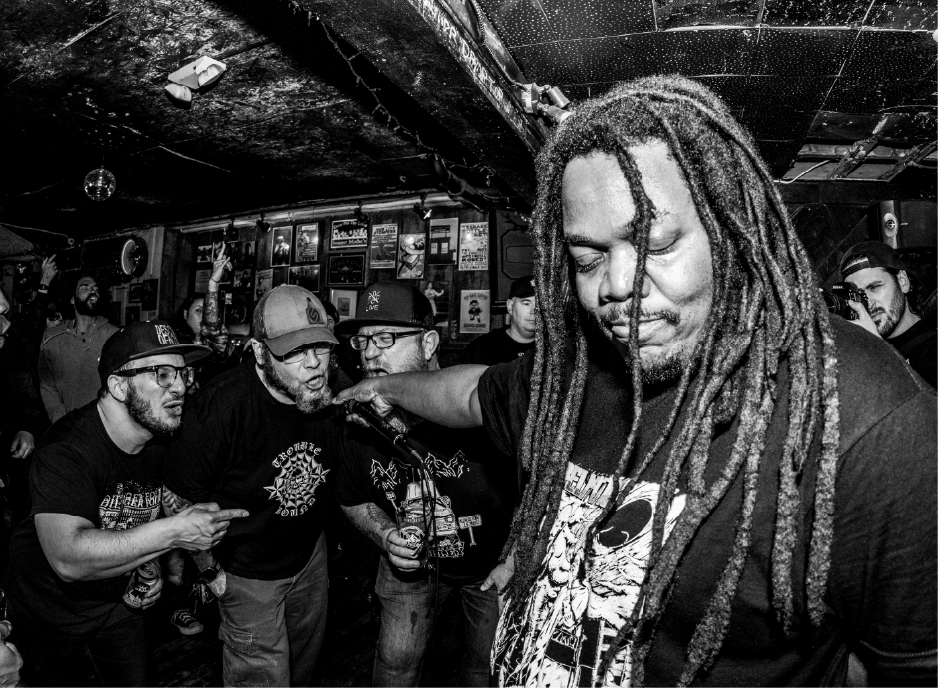
What’s Next: Expanding the Community
Learn more about DCxPC by visiting dcxpclive.com.
Header image by Dave Boccio.